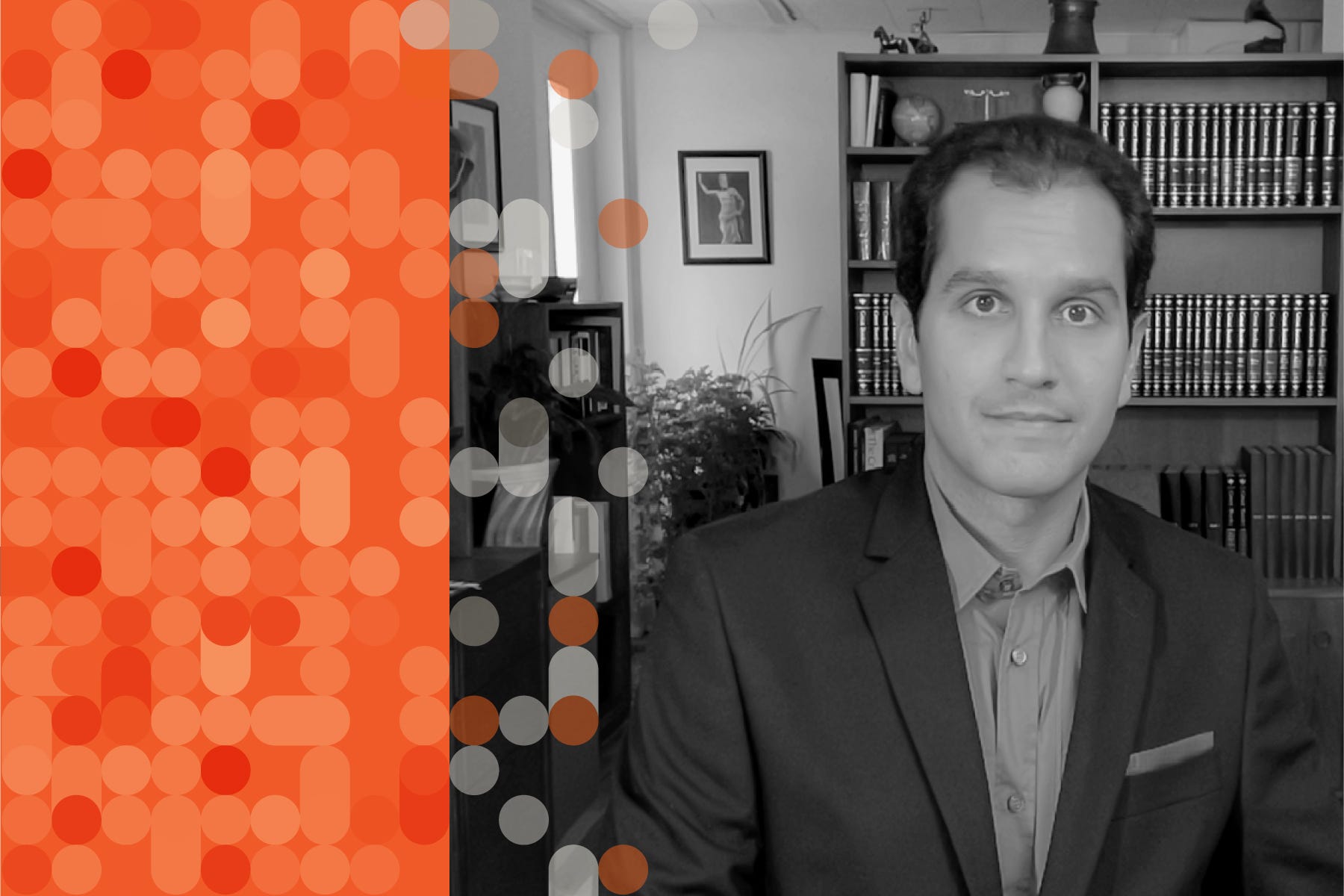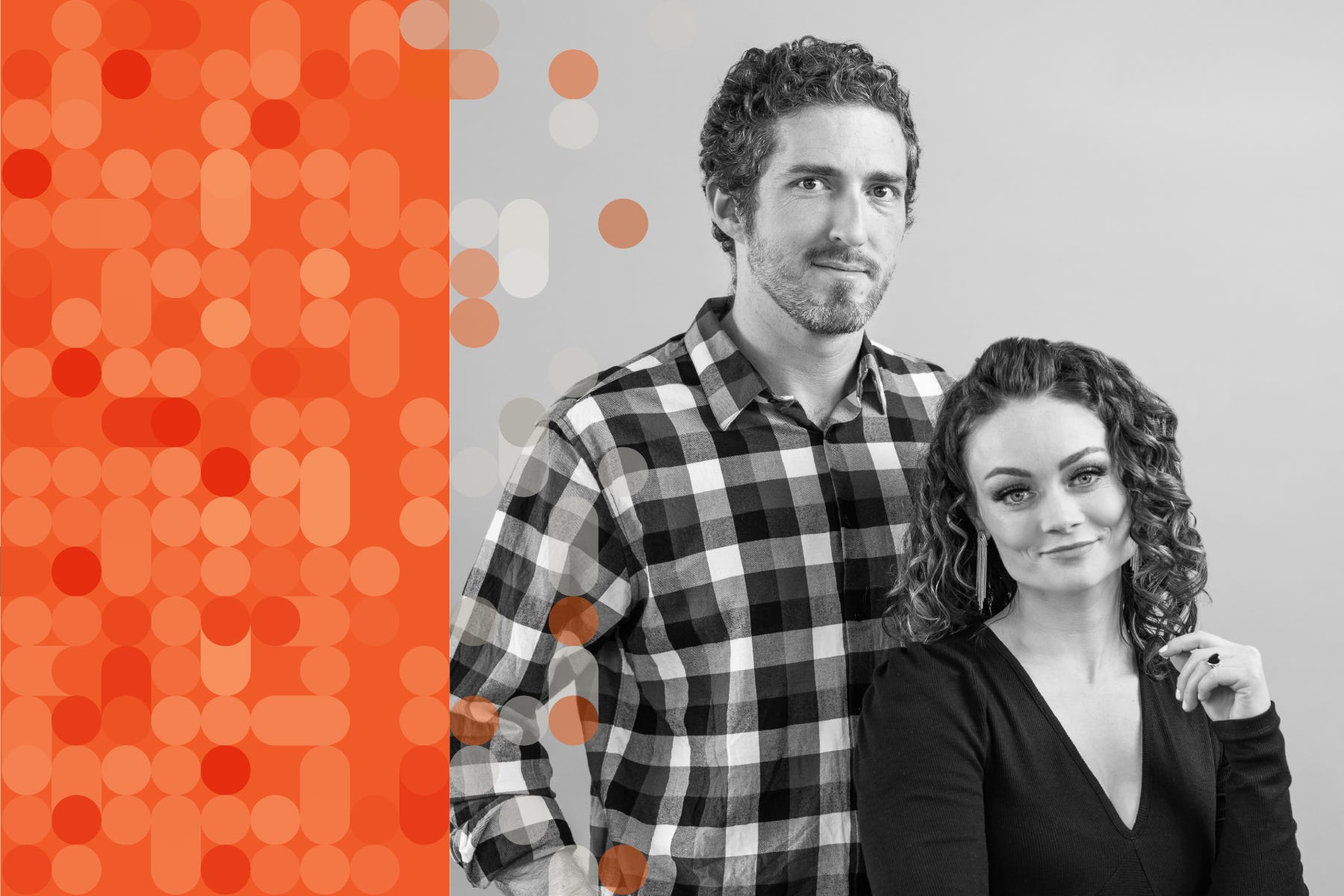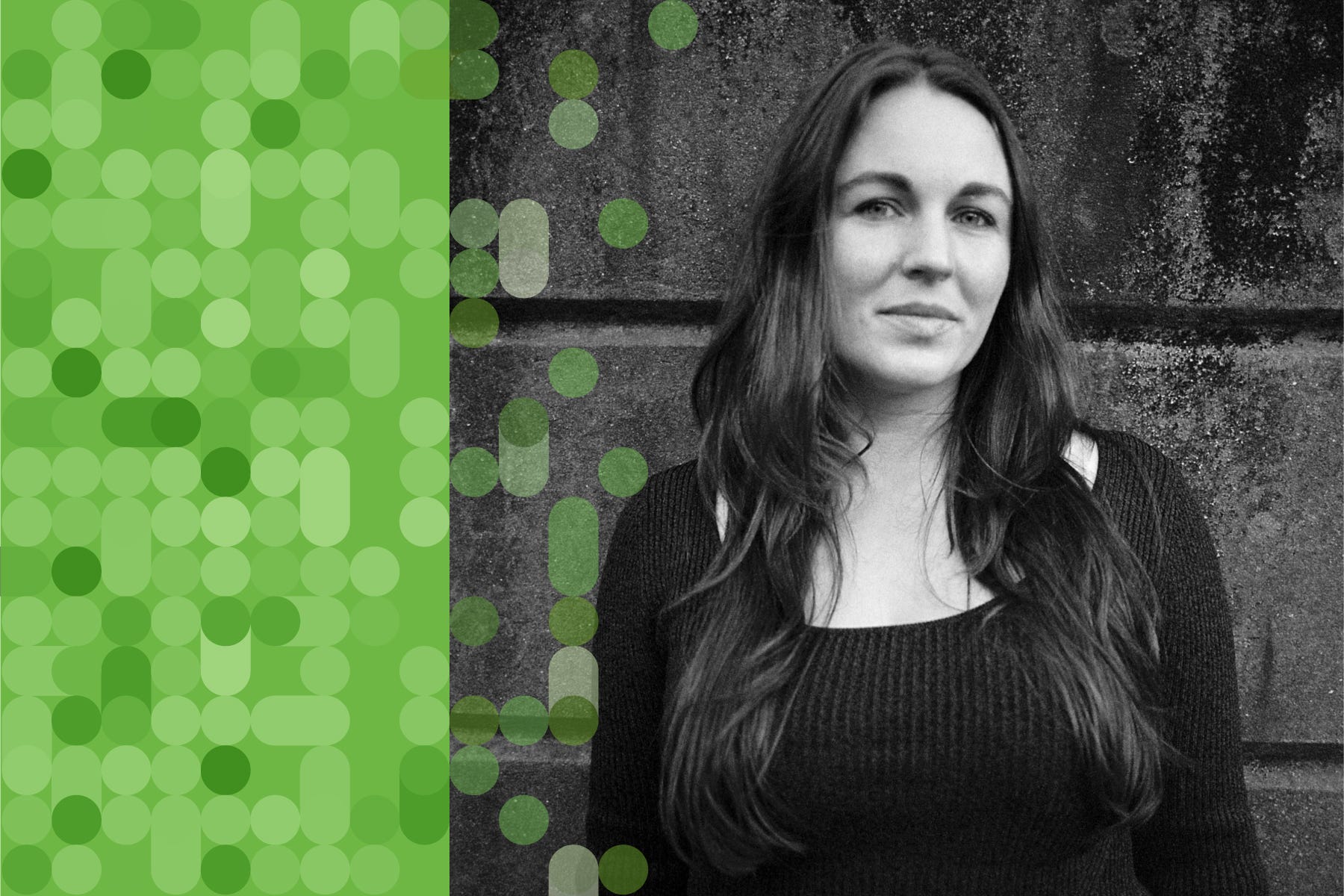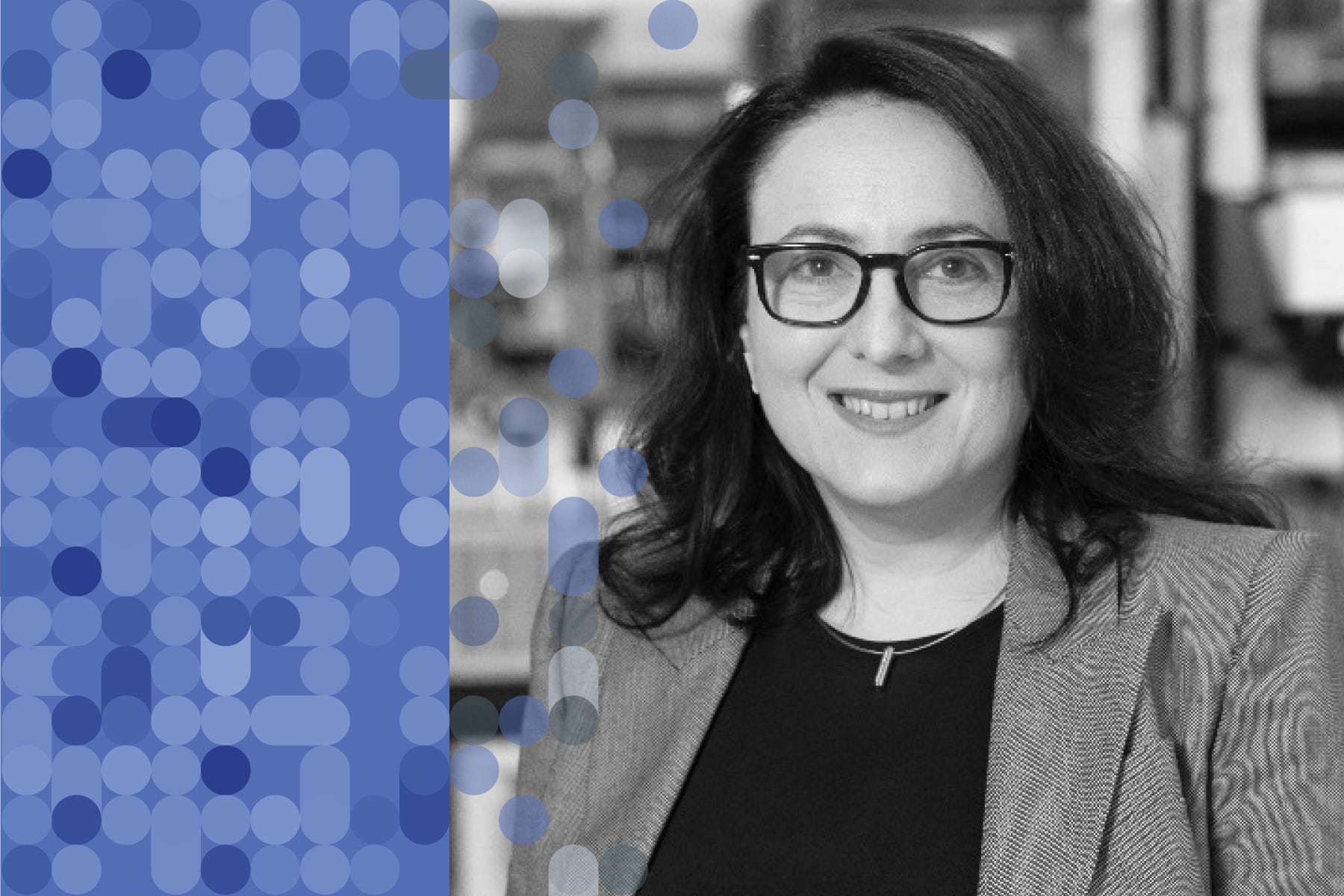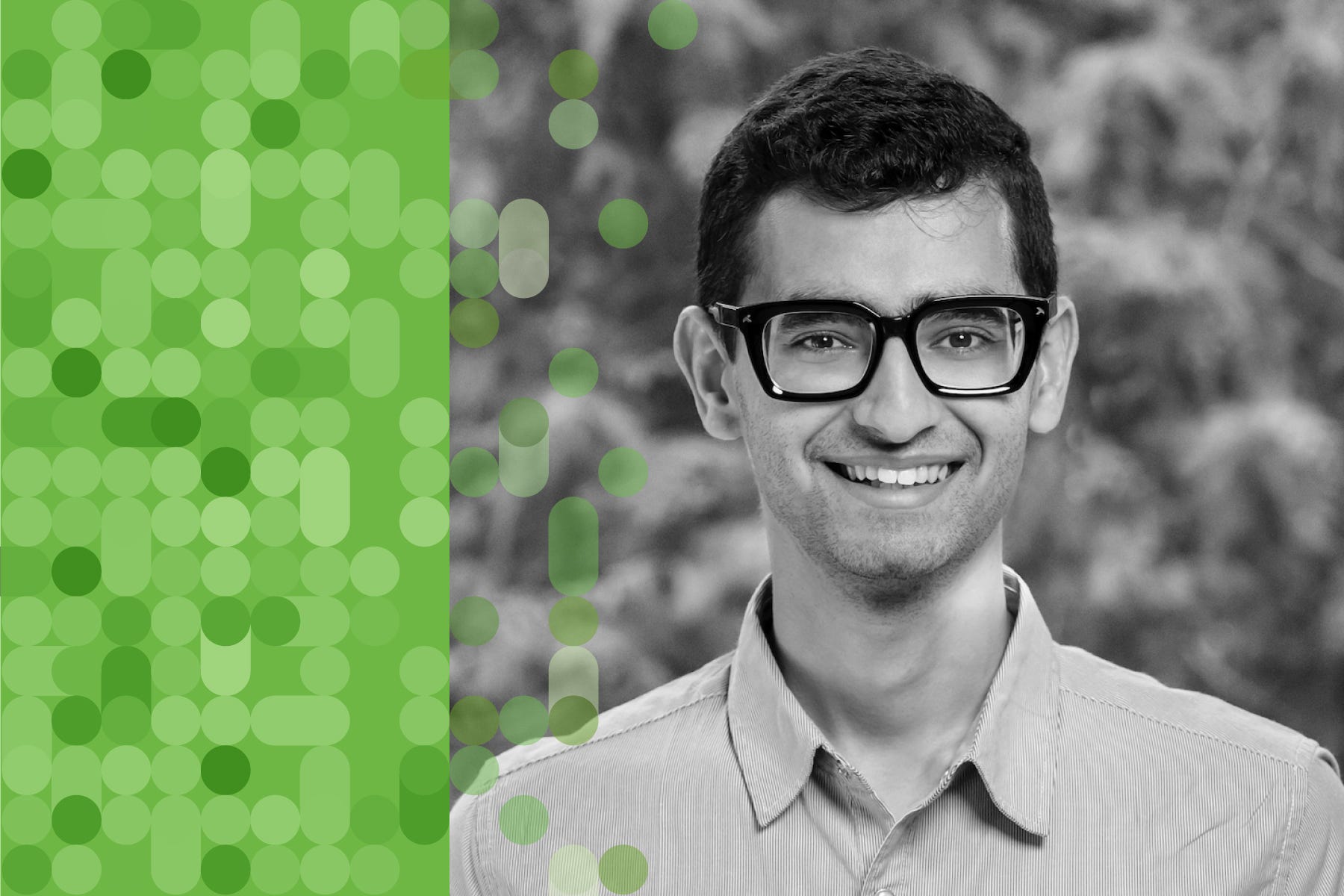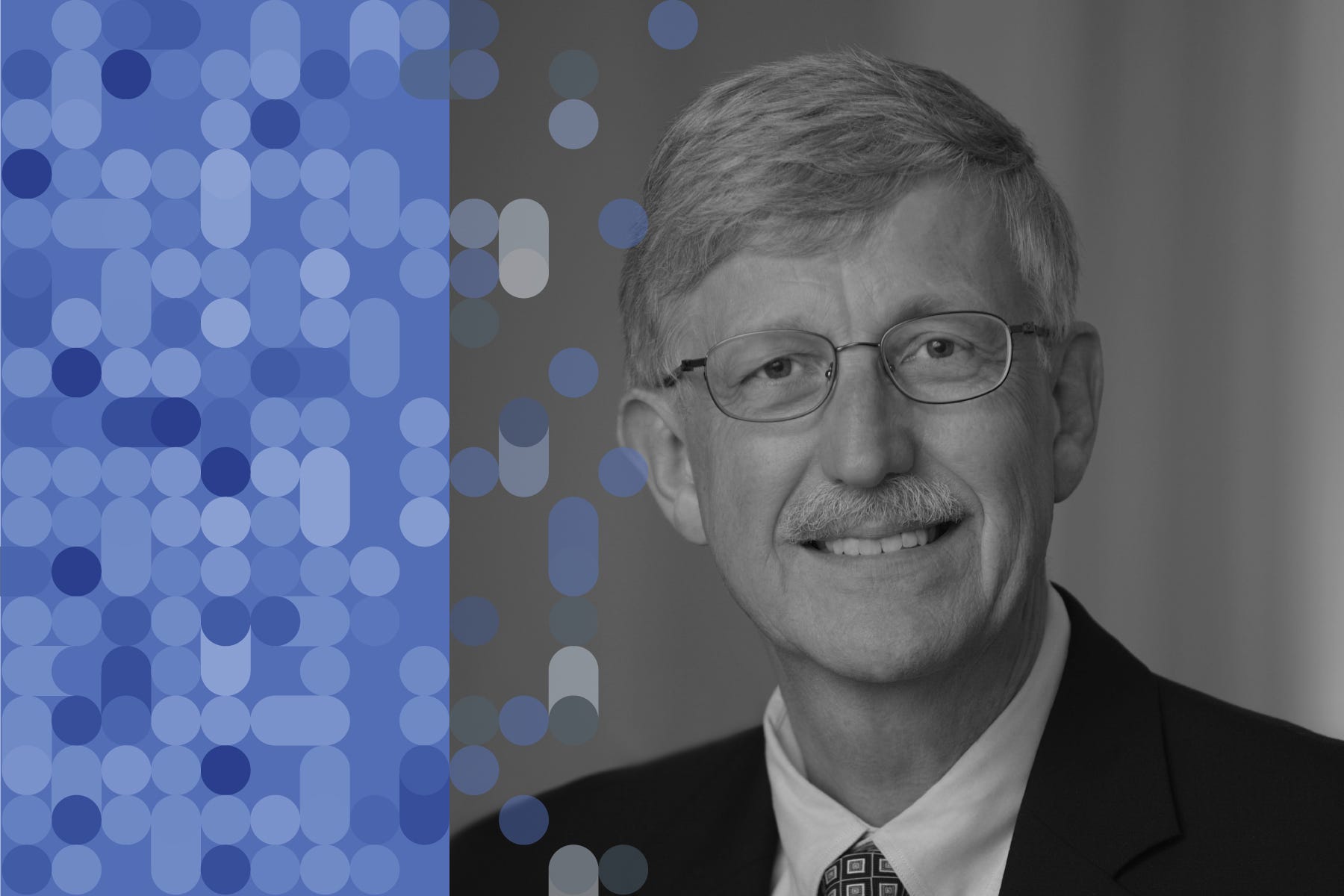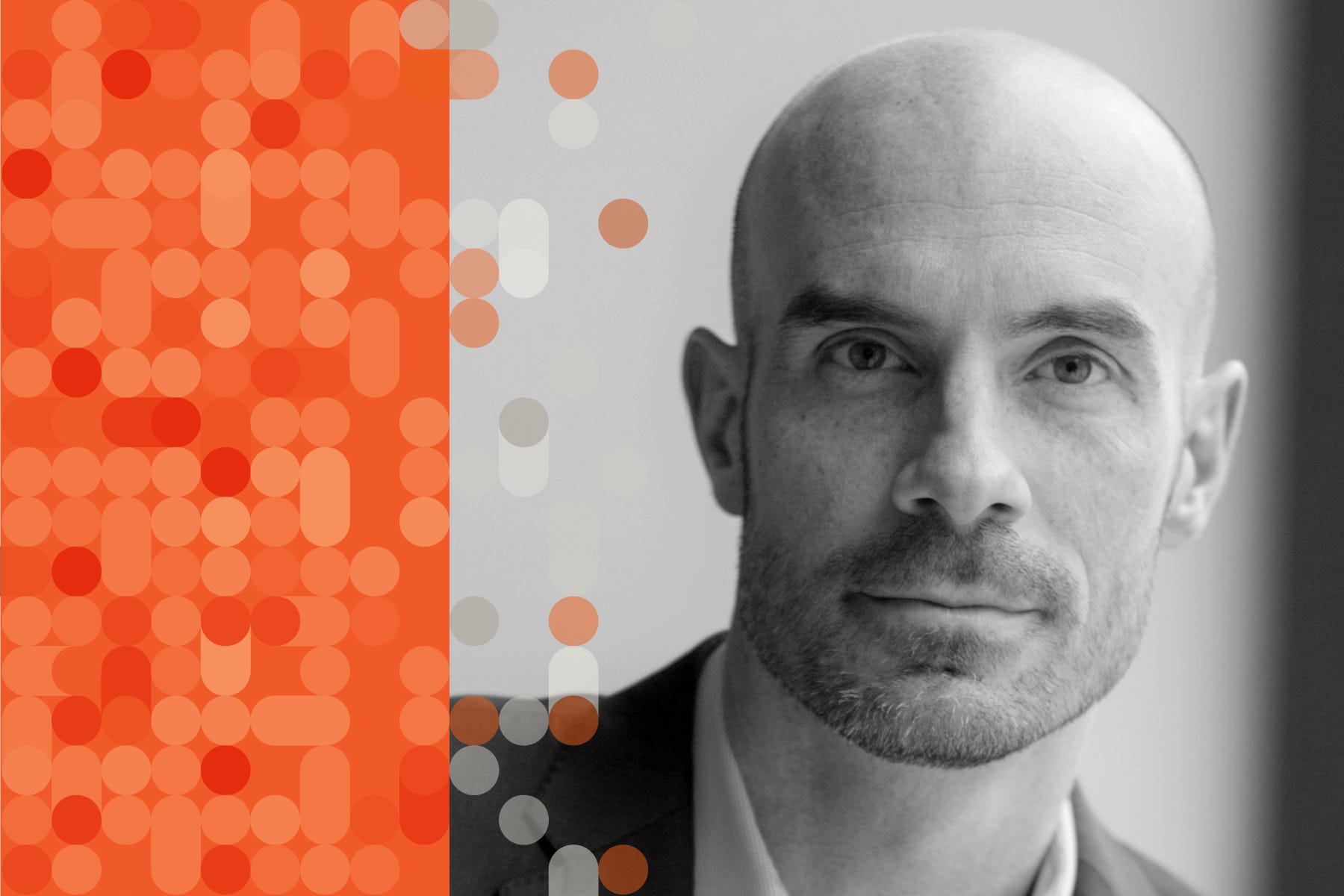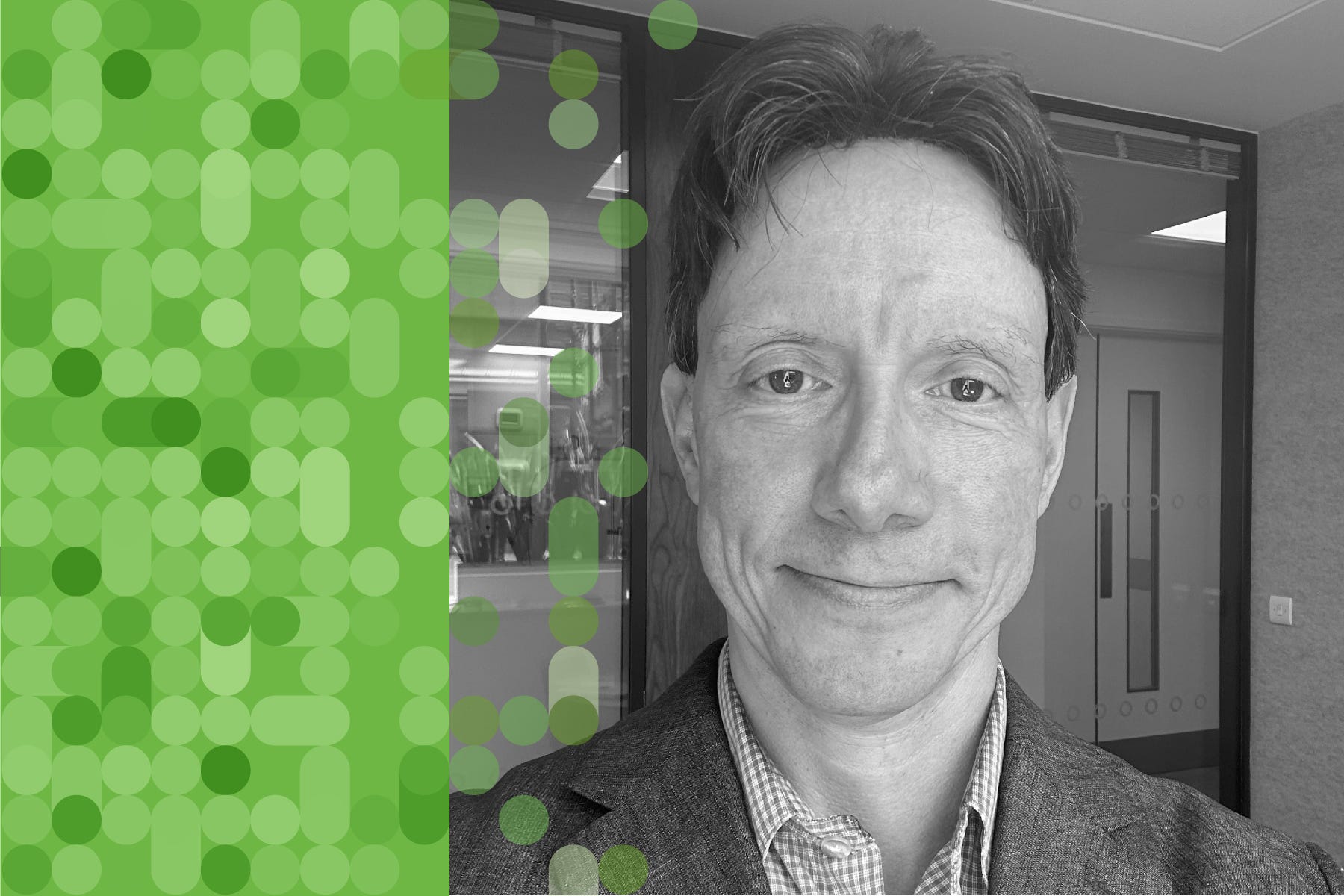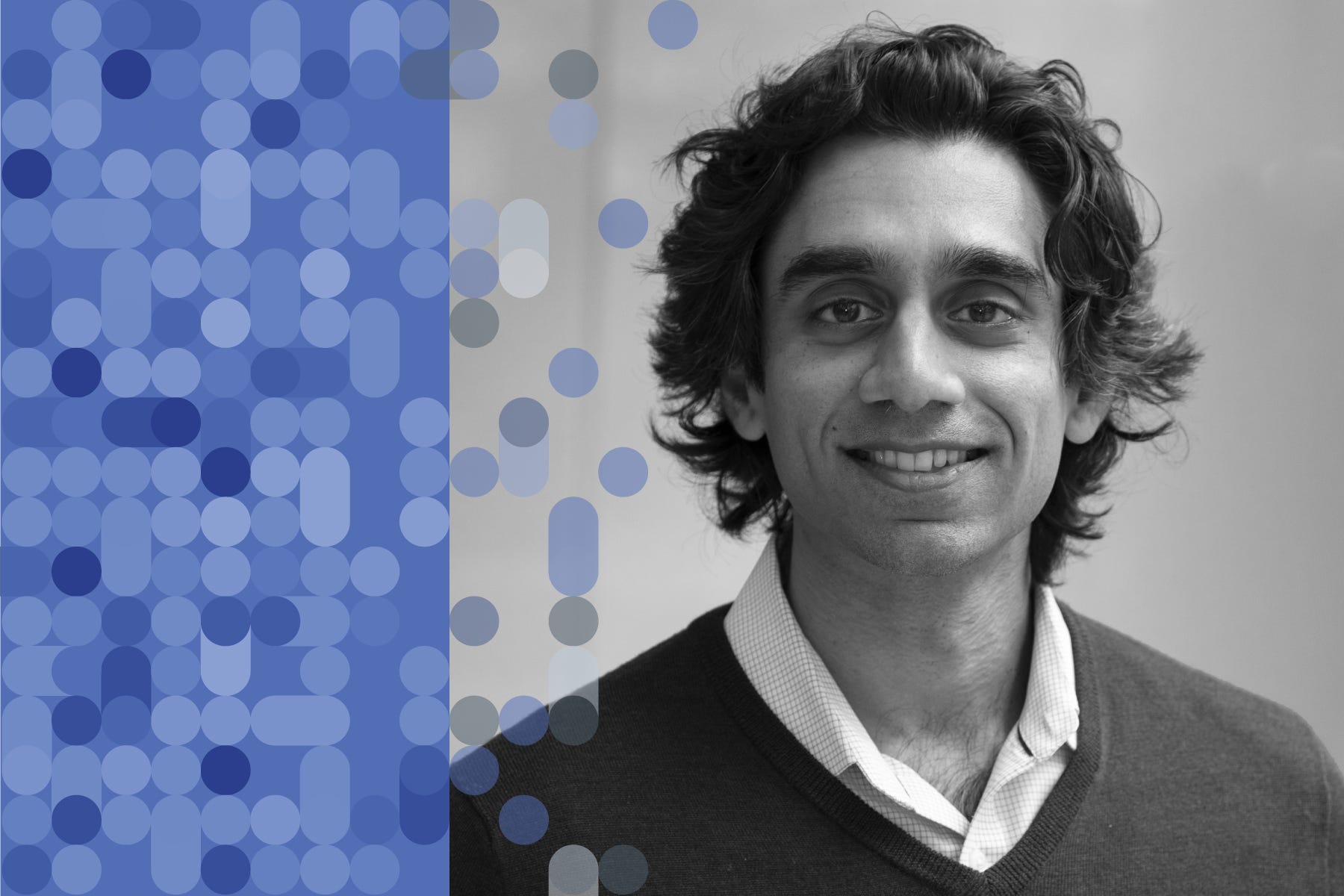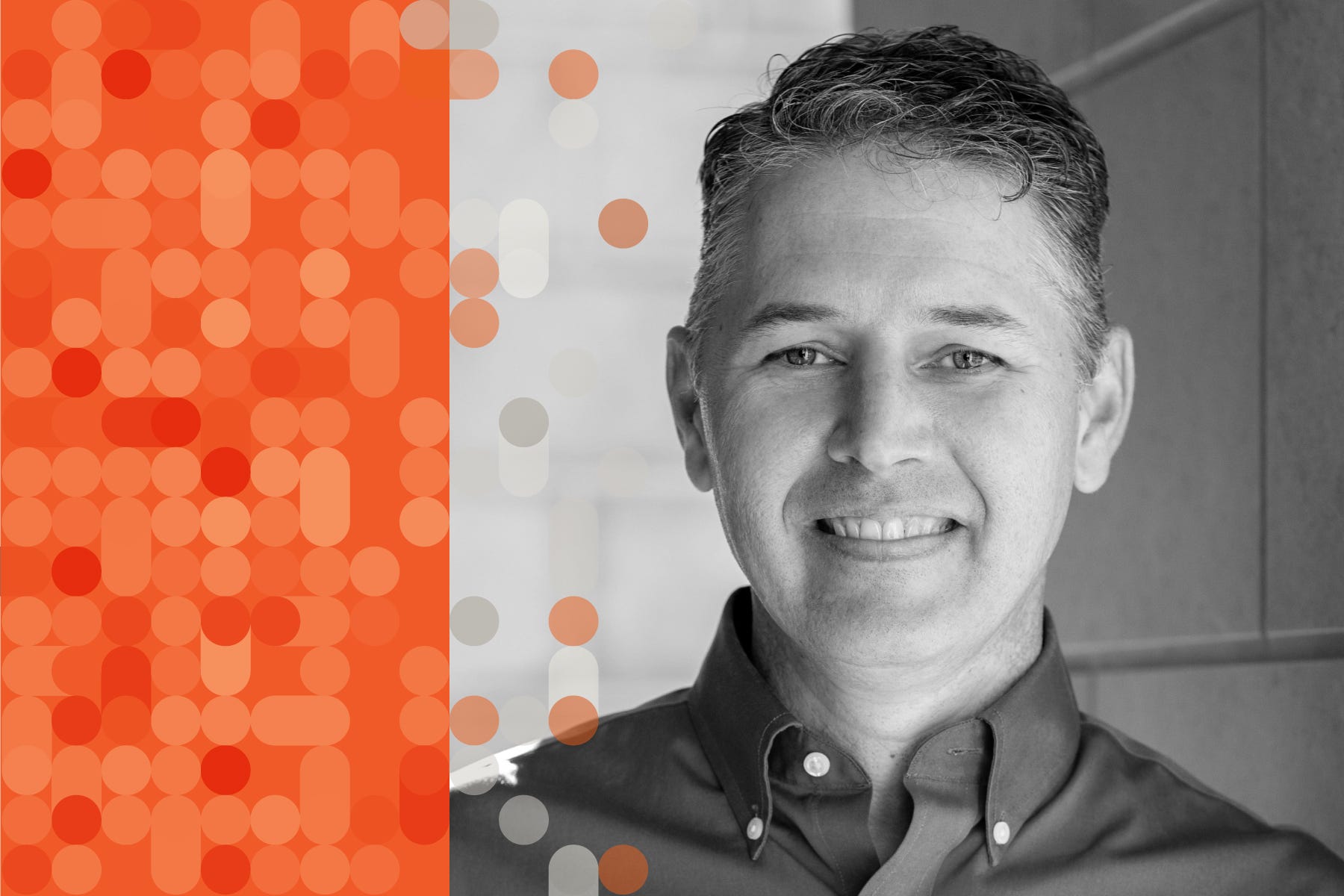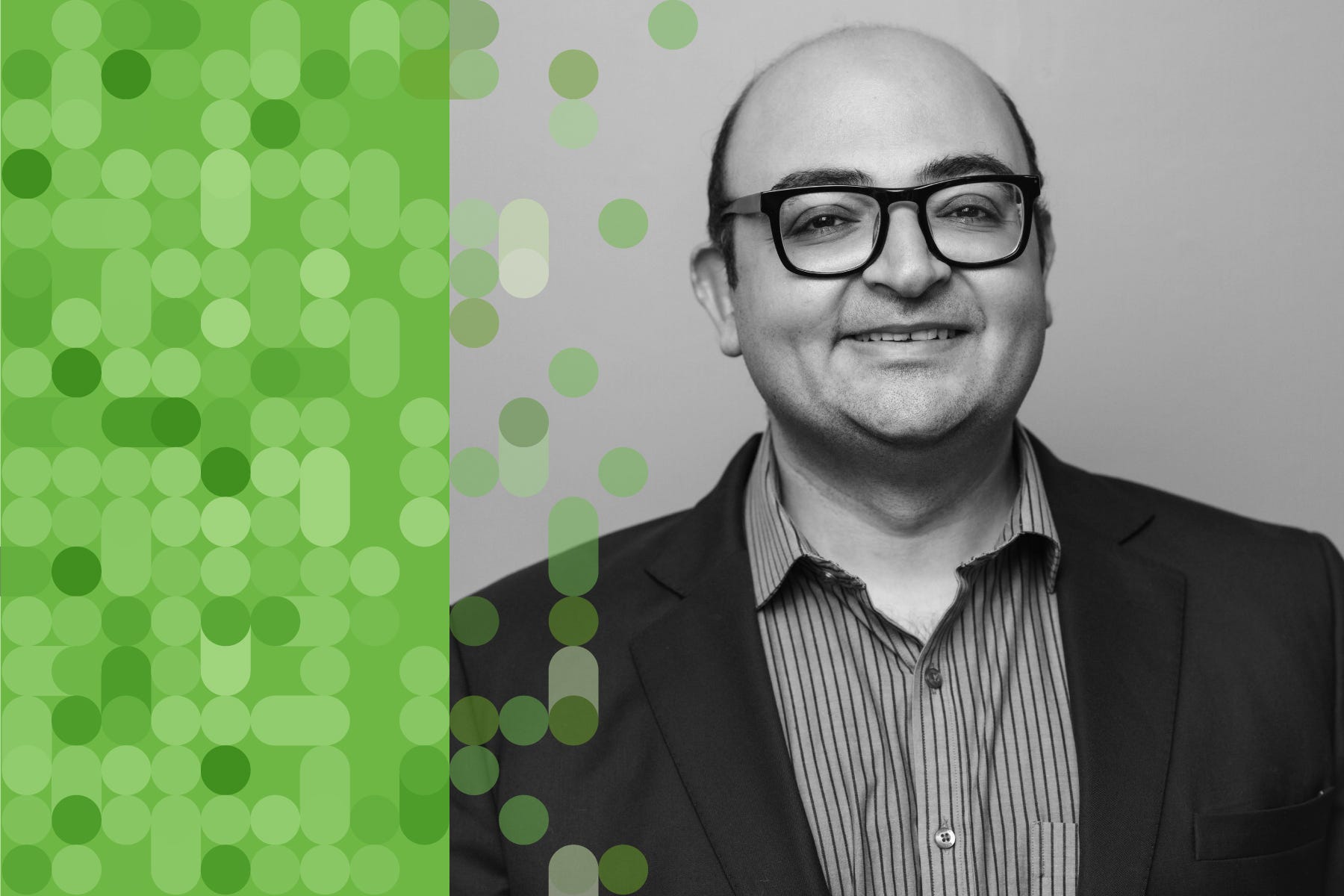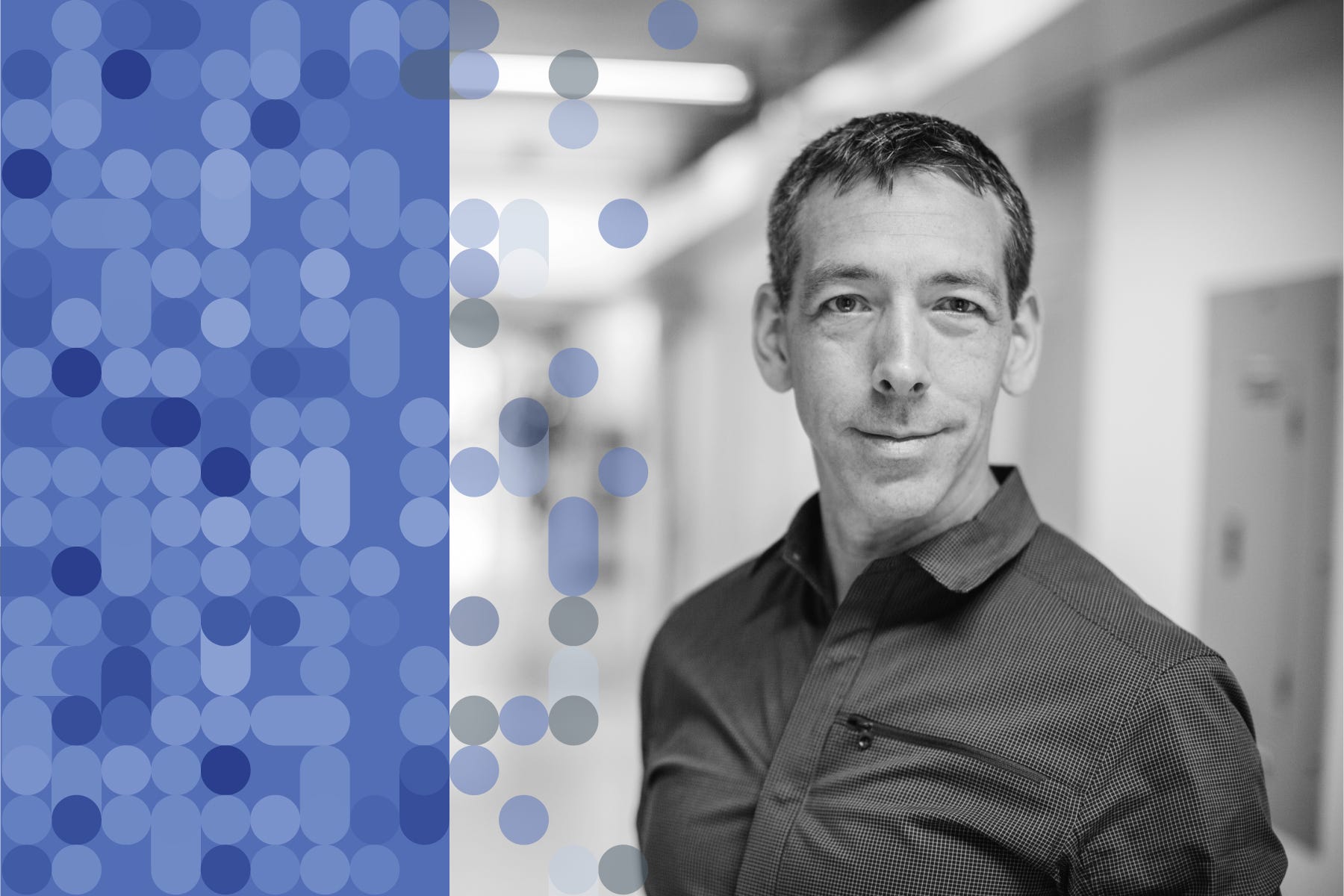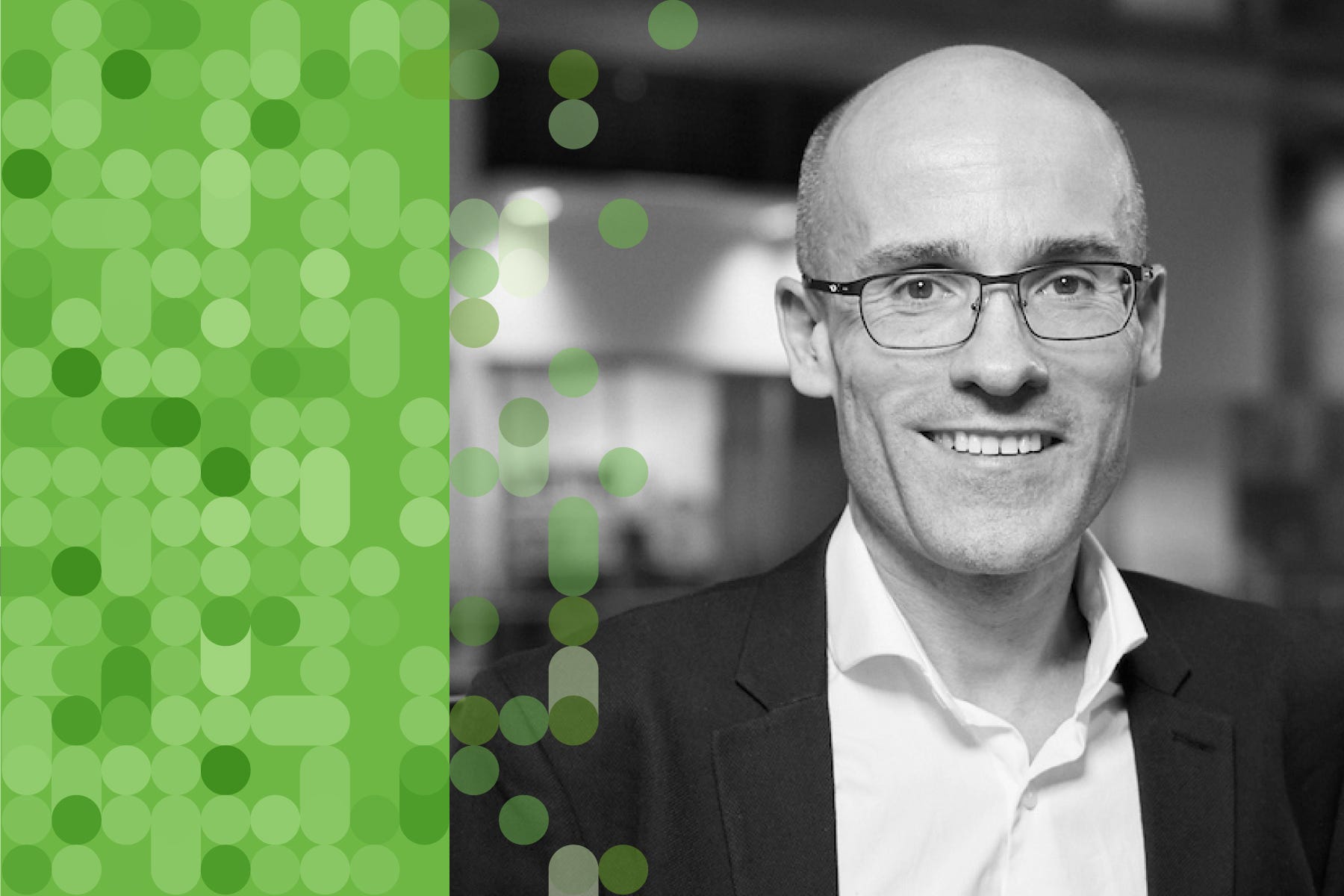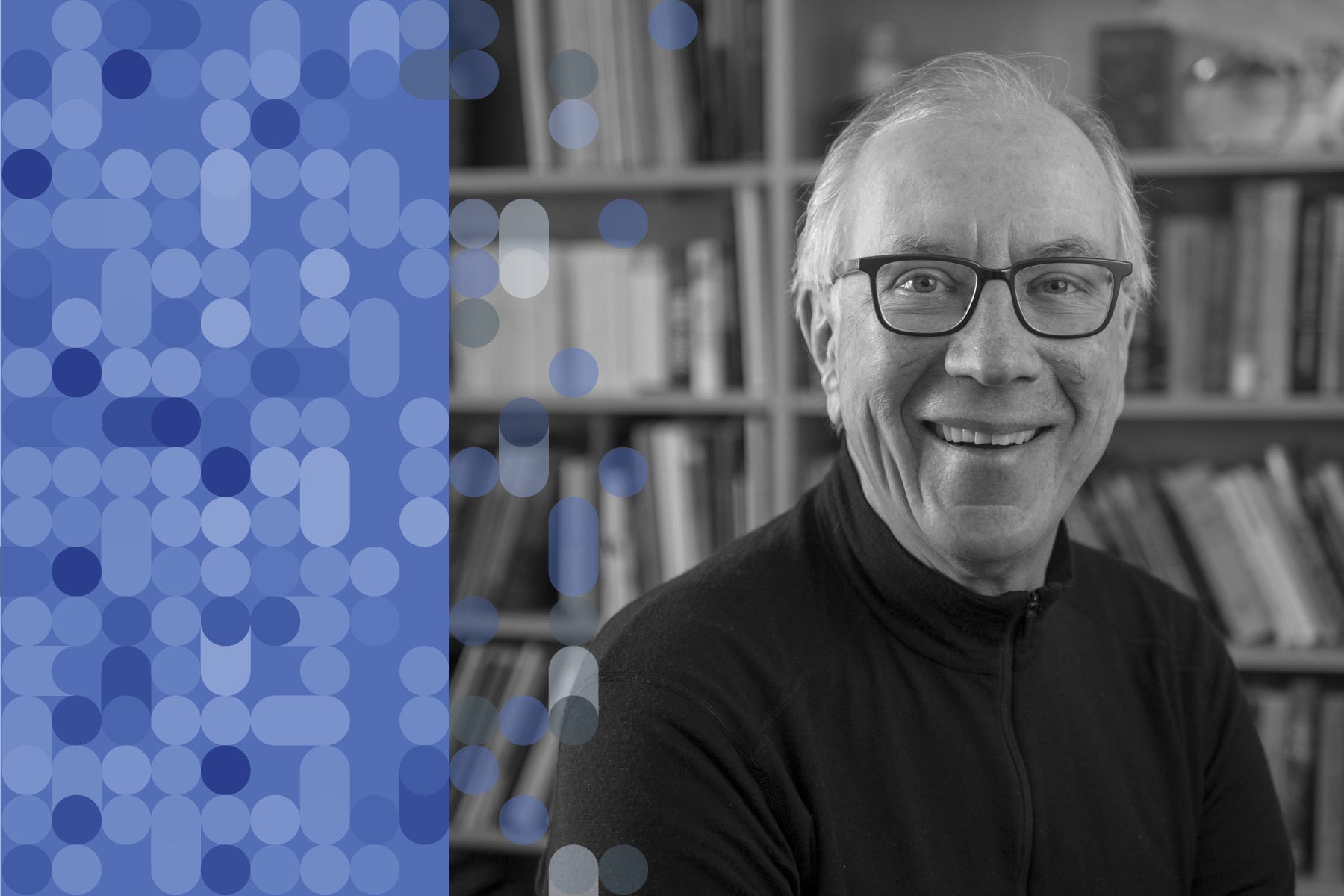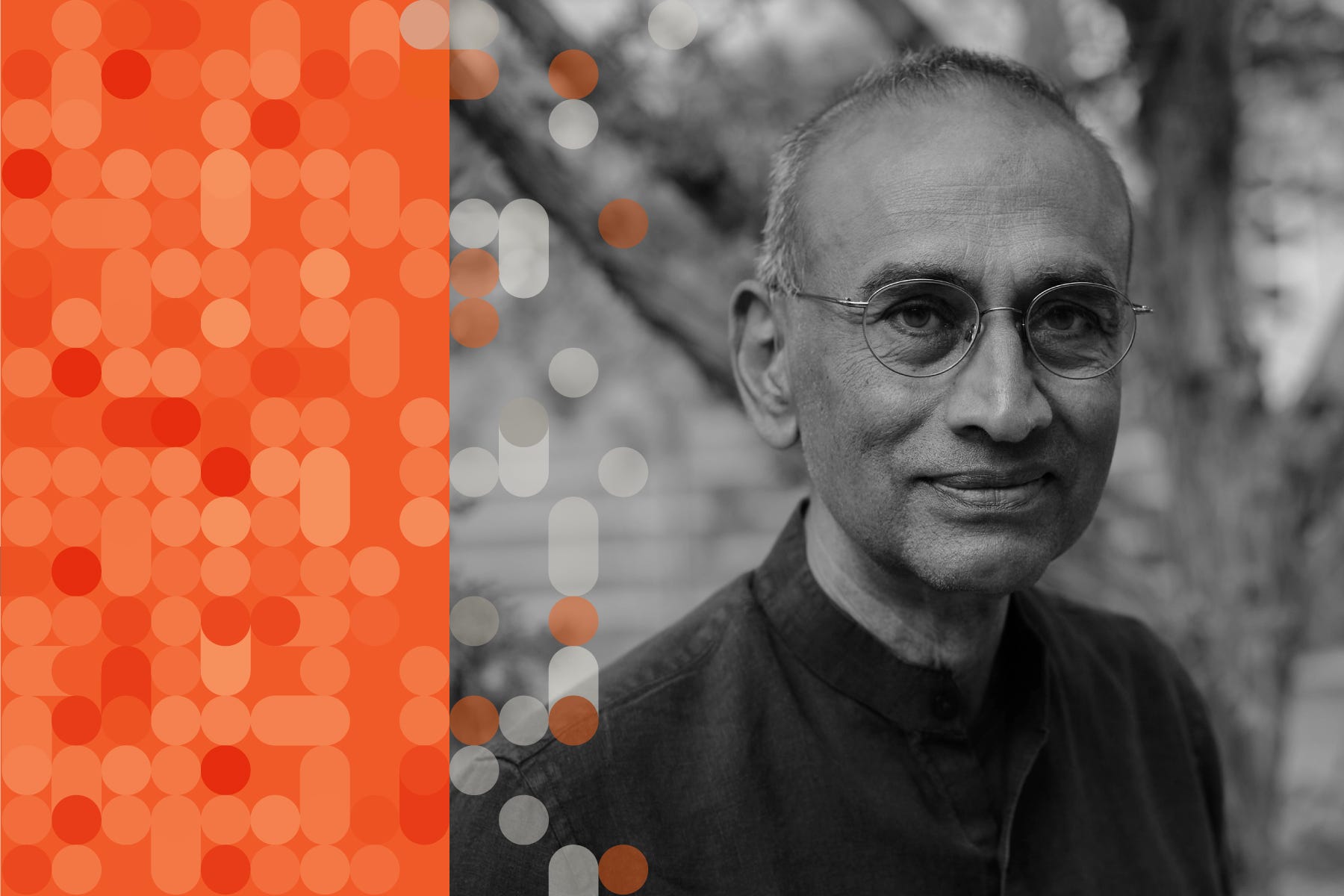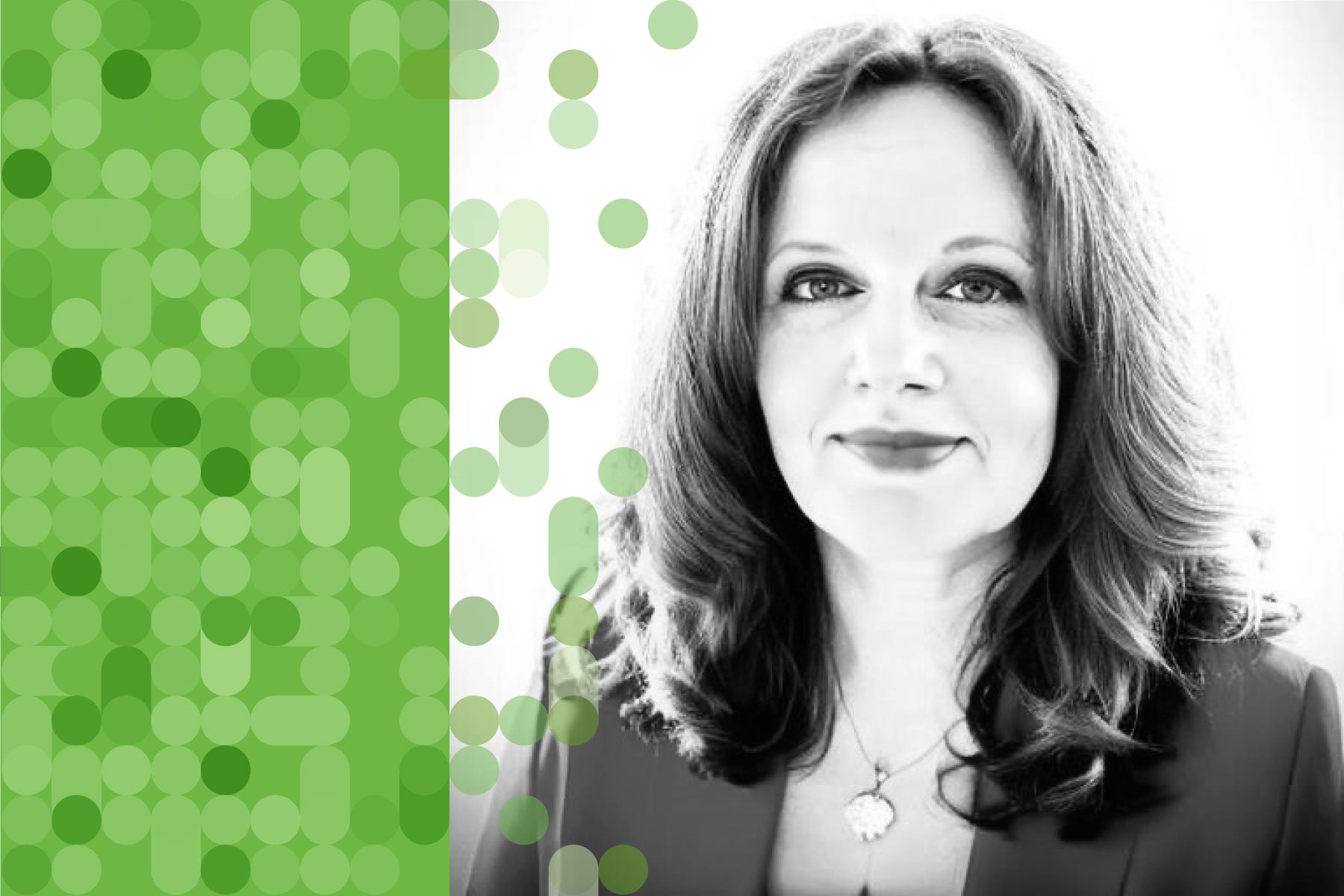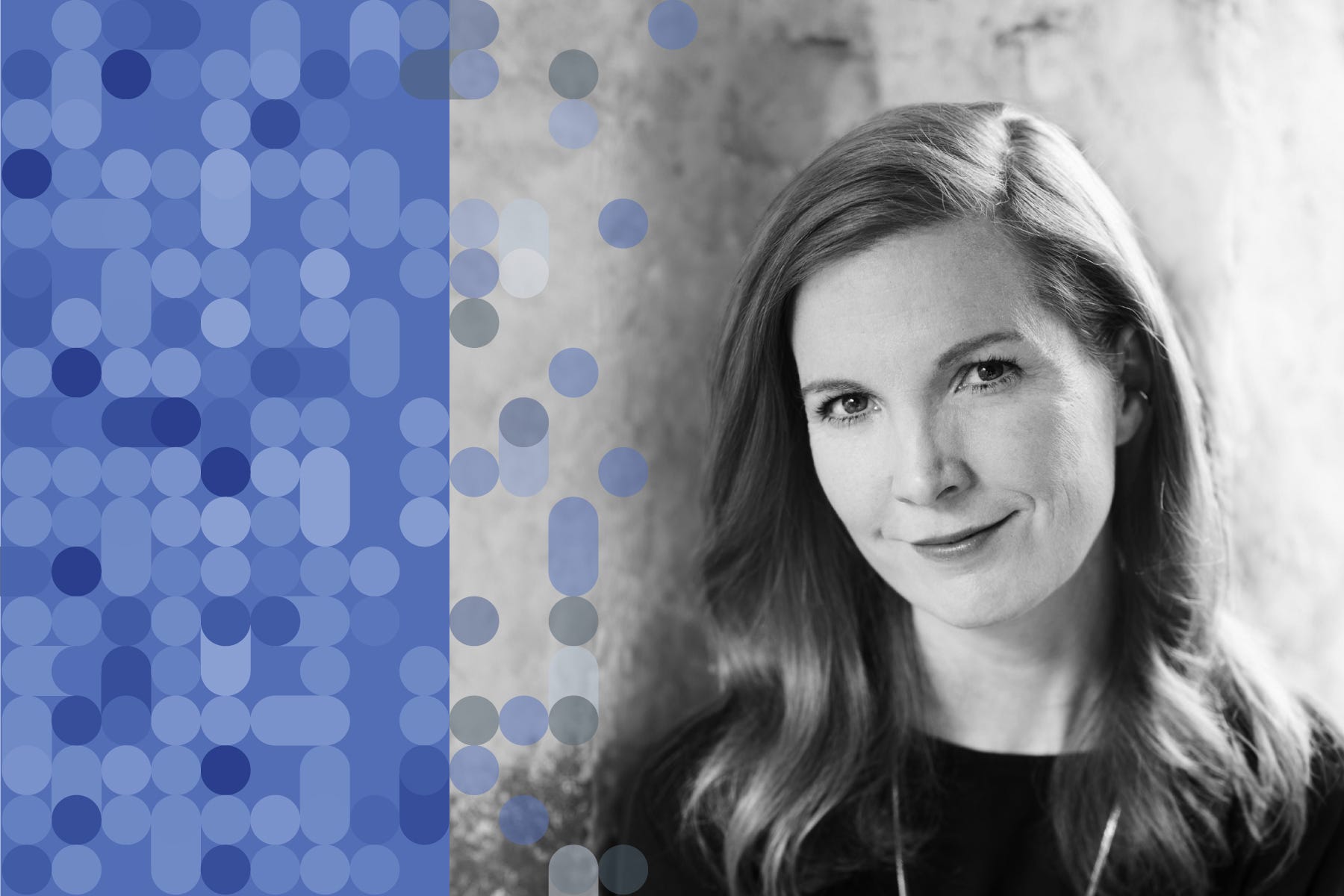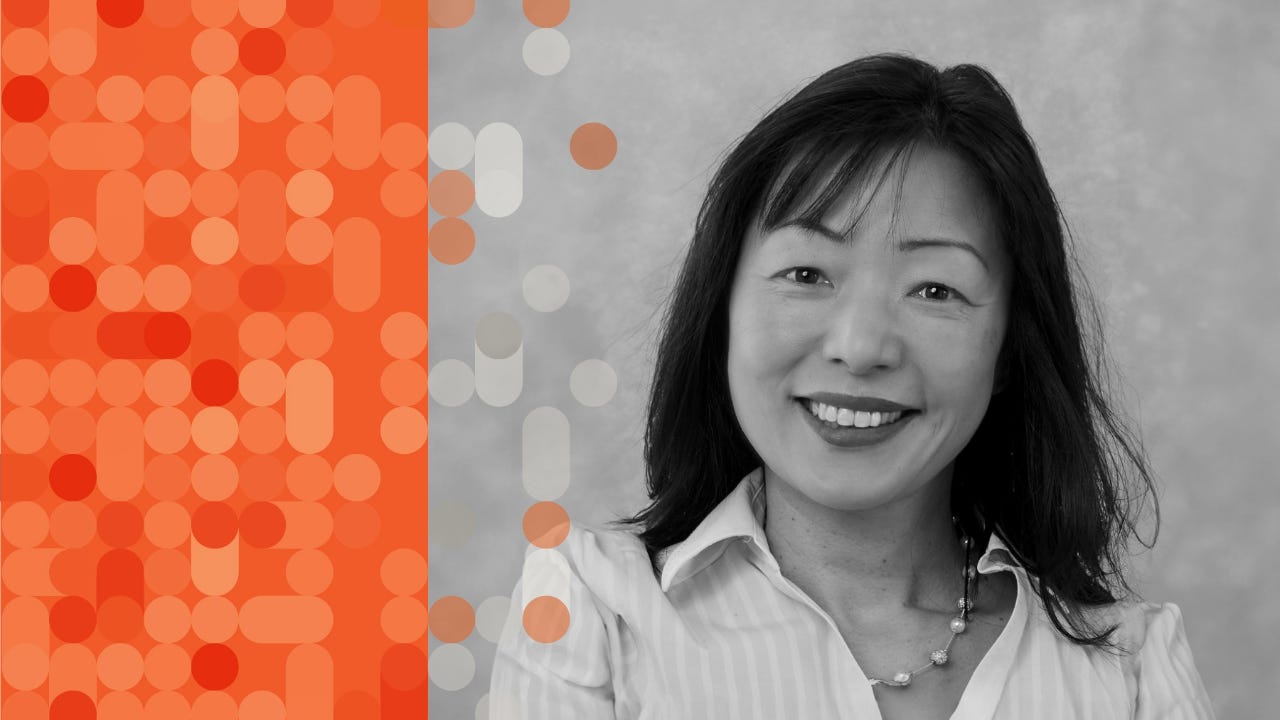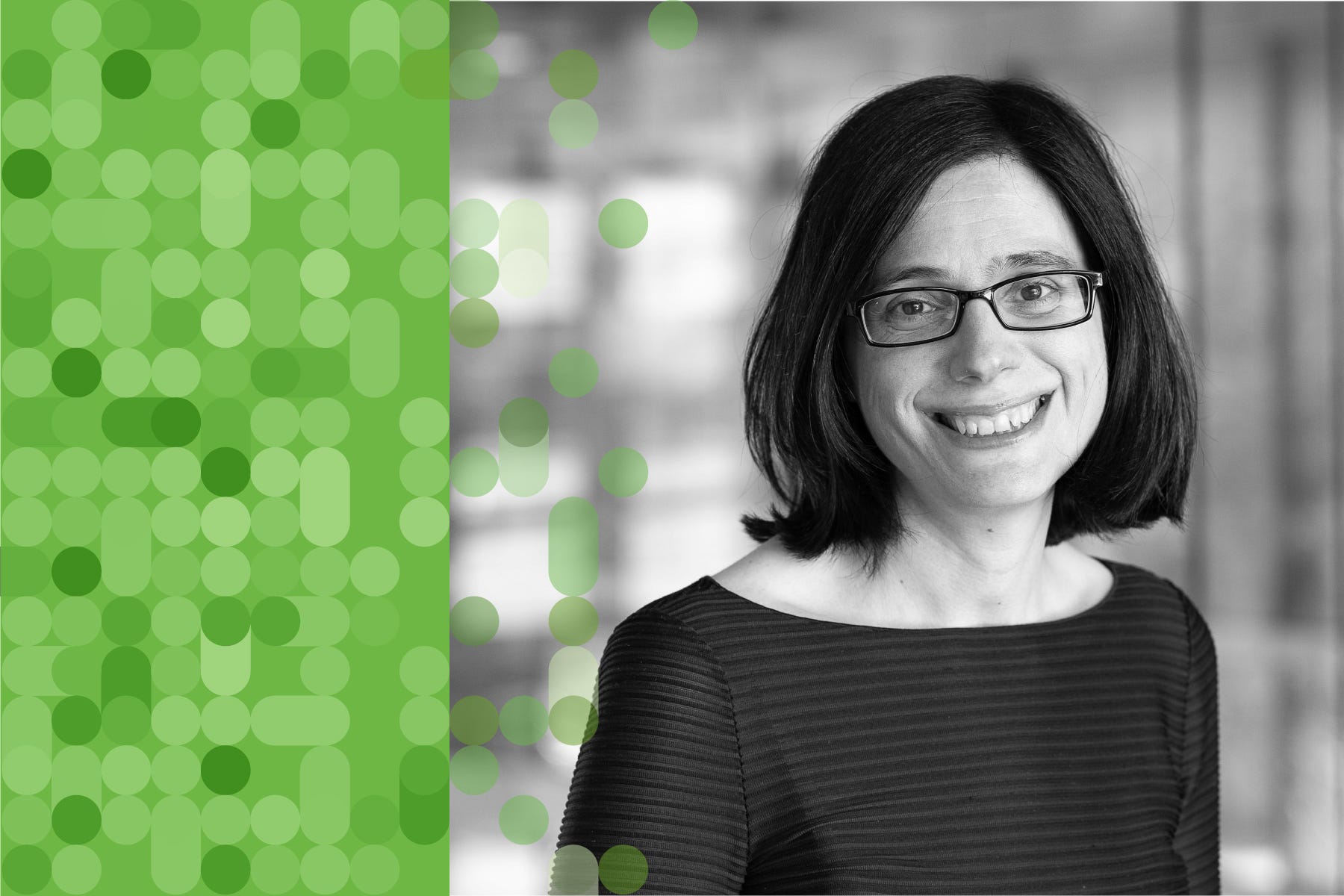Christopher Labos: Debunking Myths About What We Eat and Drink
Description
A book that reads like a novel; it’s humorous, it’s a love story. Dr. Christopher Labos, an imaginative cardiologist and epidemiologist at McGill University, takes us through multiple longstanding misconceptions about different foods and drinks, and along the way provides outstanding educational value.
Video snippet from our conversation. Full videos of all Ground Truths podcasts can be seen on YouTube here. The audios are also available on Apple and Spotify.
Transcript with external links and links to the audio recording
Eric Topol (00:07 ):
Hello, it's Eric Topol with Ground Truths, and with me today is a cardiologist, Chris Labos from Montreal, who has written an extraordinary book. I just read it on my Kindle, “Does Coffee Cause Cancer? And 8 More Myths about the Food We Eat. Chris teaches at McGill University. He is a prolific writer at the Montreal Gazette and Canadian broadcast system, CBC, CJAD radio, CTV News. And he also has a podcast on the Body of Evidence and he probably has other stuff, but welcome Chris.
Christopher Labos (00:49 ):
Hello. Hello. Hello. Thank you for having me. It is a great honor to be on your podcast. I am in awe of the work that you've been doing, I mean, for all your career, but especially during Covid. So it's a big thrill for me to be on the podcast.
Eric Topol (01:03 ):
Well, for me, I have to say I learned about a person who is not only remarkably imaginative but also humorous. And so, have you ever done standup comedy?
Christopher Labos (01:16 ):
I have not. Although I was asked to chair the research awards that we did here at McGill one year because I've been doing local media stuff and they said, can you come and be like the MC? And I said, sure. And I said, do you want me to be funny? And they were like, well, if you can. And I went up there and people were laughing and laughing and laughing and then people, like some of my former attendings had come up to me and they're like, Chris, I don't remember you being this funny as a resident. And I was like, well, I guess you come into your own when you start your own career. But I think people were very, it's tough MCing a research awards because you're essentially, it's kind of like a high school graduation where you don't read the names in alphabetical order, right? It's like one name after the other. And I went up there and I tried to throw in a little bit of humor and people seem to like it. So I think that was the first, that was when I started to realize, oh, if you inject a little bit of levity into what you're doing, it tends to resonate a little bit more with people.
Eric Topol (02:13 ):
Well, no question about that. And what I love about this book is that it wasn't anything like I thought it was going to be.
Eric Topol (02:21 ):
Amazing. It was a surprise. So basically you took these nine myths, which we'll talk to, hopefully we'll get to several of them, but you didn't just get into that myth. You get into teaching medical statistics, how to read papers, all the myths. I mean, you are the master debunker with entertainment, with funny stuff. It's really great. So this is great, before we get into some of these myths and for you to amplify, but this is a gift of communication, science communication that is you get people to learn about things like p-hacking and you throw in love stories and all kinds of stuff. I mean, I don't know how you can dream this stuff up. I really don't.
Christopher Labos (03:10 ):
I sort of look back at the inception of this. This book did have sort of a few iterations. And I think the first time I was thinking about it, I mean I wrote it during Covid and so I was really thinking about this type of stuff. It's like how do we educate the public to become better consumers of scientific information? Because there was a lot of nonsense during Covid. So teaching them about confounding, which I think through a lot of people when we started talking about low vitamin D levels and Covid and outcomes and all that. And so, I started like, how do I write this type of book? And I thought, yeah, this should probably be a serious science book. And the first version of it was a very serious science book. And then the idea came and try to make it a conversation. And I think I sort of wrote it.
(04:02 ):
There's a book that may not be that popular in the US but it was kind of popular here in Canada. It was called The Wealthy Barber. And it was all about personal finance. And the idea of the book was these people would go into a barbershop and the barber would talk to them about how to save money and how to invest in all that. And it was fairly popular and people liked that back and forth. And I said, oh, maybe I could do something like that. And then I wrote the first chapter of the doctor who goes in to talk to the barista and I showed it to a friend of mine. I said, what do you think? Do you think this would work? And her response to me by email was two lines. It was pretty good period. But I kept expecting him to ask her out at the end. And the minute she said that I thought, oh my God, this is a love story. And so, I reshaped everything to make this a love story. And I don't think the publishers were expecting that either because they were like, the first comment from the editor was, most science books don't have a narrative arc to them in character, but this one does. So there you go.
Eric Topol (05:00 ):
This is a unique book. I hope that people who listen or read the transcript will realize that this is a gift. It's a model of communication and it just is teaching things almost like you don't realize it. You're just learning all this stuff. So let's get into some of these because they're just masterful. I guess I should start ask you, you have nine of them. You could have picked 20 more, but which one is your favorite? Or do you have one?
Christopher Labos (05:31 ):
I think the one, it's hard to say. I think the first one in the book is the vitamin C one. And I think it's the most interesting one to explain to people, not just because vitamin C to fight the common cold is so pervasive as a product and a thing that people believe. But it also, I think has the greatest opportunity to teach people about what is one of the most important ones, which is subgroup analysis and p-hacking. And it's so easy to bring that back into a comedic level with some of the graphs that I put in there. I think a close second would probably be the coffee one where I was talking about selection bias, because those examples of online dating and then all the jokes that came from it. And it's hard to say how much of it was the subject and how much of it was the character.
(06:21 ):
Because I'd always heard stories of authors when they say like, oh, the characters will tell me what to say. And I always thought that sounds like bollocks. How could that be possible? You're the author, you write what's on the page. But then the minute I started actually writing it and started envisaging these characters, all of a sudden the characters took on a life of their own and they were dictating how the story ended up. So the coffee one I think is also good too. And I guess it became the title of the book. So I guess that's a good indication that was popular. But when you ca

